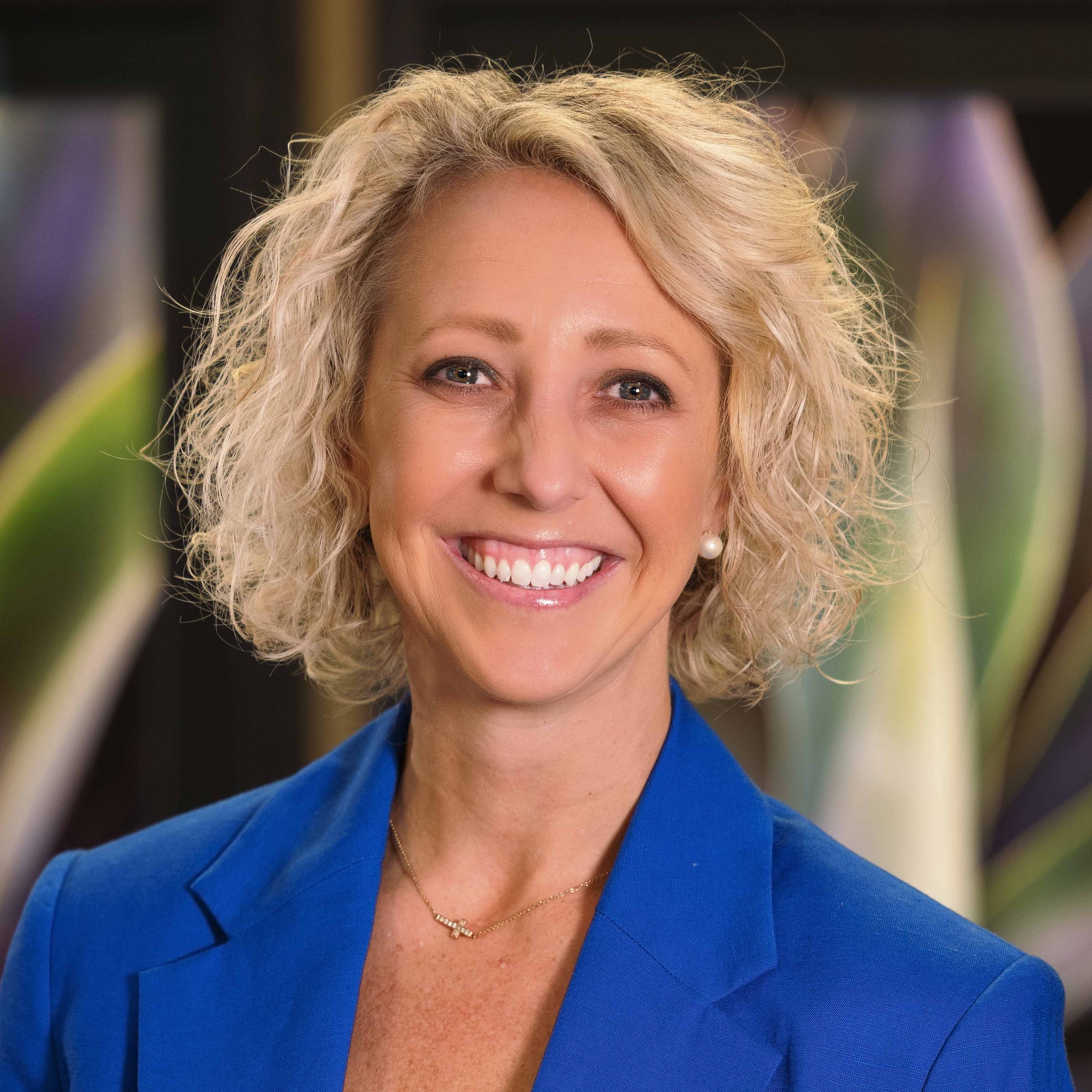
“Life’s too short to only learn from your own mistakes. So learn from others.” Regardless of where this quote originated (it is most accredited to Elenore Roosevelt), many of us can agree that it is true. The word ‘mistakes’ also has a negative connotation to it so as my second-grade teacher, Mrs. Berger said, “We don’t make mistakes, we make learnings.”
Financial mistakes can be costly, both financially and emotionally. Some are the result of intentional decisions. While other times, mistakes happen because of a lack of understanding or simply never being taught.
Here are six of the most common financial planning mistakes I’ve seen in my career.
1. Living Outside Your Means/Living Paycheck-to-Paycheck
Do you have excess cash at the end of the month with your current income? Or are you having to wait to pay for living expenses until your next paycheck comes in? If the latter is a concern, cash-flow management and living within your means may be a belt you can tighten.
A big expense you want to control is housing. Ideally, your housing costs shouldn’t be more than 28% of your net income per month (housing includes not only rent or mortgage but homeowner’s association fees, insurance, and property taxes). Spending more than 28%, and you may find yourself “house poor.”
If you have extra income, do you have enough to set aside for an emergency fund? Income and expenses are the two biggest things you control, so budgeting your expenses as much as possible will give you the best shot at a strong financial future.
To start, it may be easiest to look at your annual expenses and see what categories you tend to overspend in. A lot of times it is food and entertainment. You may also find, for instance, that all of those “sale” items are adding up to be more expenses than you’d normally incur. The key is to find areas where you are not being deliberate with your spending and determining what’s a need versus a want.
Some tools to help you categorize your spending include websites like You Need a Budget (YNAB.com) or mint.com.
Personally, I like to track my discretionary spending on everydollar.com, because of its simple layout. You can also link your bank account for an automated aggregation of your spending.
You don’t necessarily have to reduce your spending dramatically, but it is important to know where your money is going.
2. Not Having An Emergency Fund
A good place to start is saving $1,000 for any immediate emergency expenses such as a car repair, replacing your computer, or maintaining your safe housing. Unfortunately, buying a plane ticket for a bachelor or bachelorette party is not an “emergency.” Sorry, party people.
For a dual-income couple with shared expenses, a good goal is getting to three months of household expenses saved. If you’re single, getting to six months of living expenses is the goal. The definition of living expenses is enough money to cover food, housing, clothing, and transportation.
Suppose you hit your savings goal for emergency planning. In that case, you can then look at other investments such as increasing your contributions to the employer retirement plan, with the goal of each individual saving 12-15% of gross income toward retirement. This percentage varies on each person’s unique financial situation but can be a good general amount to consider.
3. Being Over-Insured or Under-Insured
Medical Insurance
Most people get medical insurance through an employer, but there may be other options. Don’t default to your existing insurance when it’s up for renewal during the open enrollment period. Your employer or your partner/spouse’s employer may offer multiple options, and you can always choose from the health insurance marketplace. It may be beneficial to think about different scenarios to determine the potential total cost of healthcare for a year. For example, what would your premium, deductible, any copays or co-insurance add up each year for each plan? A financial advisor can help you sort through the options to help find the best one for your needs.
Home and Auto Insurance
Home and auto insurance policies are important to review annually when you pay your premium. Ask your insurance agent if there is a better coverage option or if you are paying too much on a plan you don’t need.
Additional Insurance Needs
Or, are you risking future expenses or even bankruptcy because of a lack of insurance coverage? You may be saving on premiums, but is it worth the risk if an unexpected health issue or house fire leaves you paying out of pocket for a catastrophic event. An Umbrella policy is additional to your home and auto insurance and can cover your financial assets in case of litigation.
You want to ensure that any life or disability insurance plan you own will cover your living expenses to a level you’re comfortable with. The shock of losing a spouse is compounded if you realize at the same time you won’t have enough money to cover the mortgage long-term. You also want to ensure that beneficiaries listed on a life insurance policy would honor your ultimate goal for that life insurance benefit.
The Difference Between an Insurance Agent and Broker
An insurance broker works with multiple companies to get the best value for your coverage. There is no cost to work with a broker as they typically make money off the commissions from selling insurance plans to individuals and businesses. An agent works specifically with one company and provides expertise in that particular company. That agent does not have access to other products like a broker would.
4. Not Investing In Retirement
The lowest-hanging retirement fruit is making the most of any employer-provided retirement plans that include matching contributions. If you have hit your emergency fund savings goal, look to increase your retirement contribution to 10-12% of your gross income. Keep in mind any annual contribution limits for different types of retirement accounts.
It’s also important to diversify your retirement accounts. Your employer may offer a traditional 401K, which is a pre-tax contribution. These contributions grow un-taxed over time and then are taxed as income at the time of distribution.
A unique benefit some employers offer is a Roth 401k, which is taxed the year of the contributions and is distributed tax-free in retirement. Anyone, regardless of income, can contribute to an employer-sponsored Roth 401k.
- The 2022 limit you can contribute to a 401k (traditional and Roth) is $20,500 ($27,000 if you’re over age 50).
A Roth IRA (Individual Retirement Account) has the same tax treatment as a Roth 401k but has both income limits to be eligible to contribute and a much lower maximum contribution:
- Your adjusted gross income must be below $144,000 (single) and $214,000 (married couple).
- Contribution maximums are $6,000 ($7,000 if you’re over age 50). *As long as you have made at least that much in income.
Tax planning is tricky. We do offer this service to clients because the investment choices you make can have a significant impact on your finances long-term in terms of taxes.
5. Not Having An Estate Plan
Estate planning is the best gift you could give to your loved ones – it prevents your loved ones from having to make complex decisions while grieving your loss. Not having a will can lead to confusion, disputes between family members, fees, lengthy estate settling, and additional tension during the grieving process.
Some accounts are beneficiary-driven and need to be reviewed to ensure that the correct person or organization is listed (you can list a nonprofit as a beneficiary). These accounts supersede any beneficiary in a will. Such accounts include retirement accounts, bank accounts, and titled assets (your home, your car, collectibles).
You should have each of these three standard documents stored in a safe place.
- Will
Covers who is going to take care of your financial matters upon your passing as well as how you want your assets to be distributed.
- Power of Attorney
This gives authorization for someone to act on your financial behalf while you’re alive.
- Healthcare Directive
This provides instructions on your medical preferences should you be unable to make decisions for yourself.
6. Not Seeking the Help of a Professional
Financial planning is more than just managing investments, picking funds, or going after the latest “meme stock.” There are a lot of pieces to the financial puzzle.
When selecting a financial advisor, consider working with a fiduciary, which is someone who is bound to act in your best interest and not those of themselves or their firm. All advisors at Birchwood are CERTIFIED FINANCIAL PLANNERSTM. Holding the CFP designation means they are legally bound to uphold their fiduciary responsibilities to you.
Our process is to meet with people to discover what their goals are (this is always free), then create a plan to get there, and, finally, help people navigate their investments to reach their goals.
Working with a financial advisor should help you:
- save money in the long-term through planning.
- save money in the short-term through budgeting.
- save money and avoid penalties on taxes, investment filings, and other financial matters.
- ensure you’re investing in a way that will allow you to meet your long-term goals.




